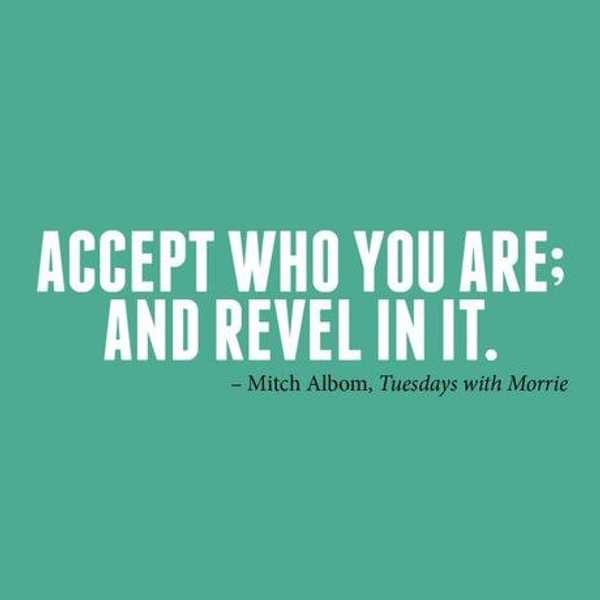Ever since I was young I loved reading stories and books. I loved and disliked the characters in each story like they were real people, like what they did in their stories was authentic and had an actual impact. I believed that those characters did have an impact, that they were real and felt things just like we do, simply in their stories.
Throughout my years of reading stories no one that I’ve met has really understood this seemingly misplaced empathy for people that don’t physically exist in this space, only on pages of a book.
This morning I was deliberating what to write my first article for the Odyssey on, while watching TED Talks on women leaders, before randomly coming across a talk by Mac Barnett titled “Why a good book is a secret door.” Me being the through and through bookworm that I am I clicked to watch it.
In his speech Barnett talks about his career as an author of children’s books and how kids have this ability that adults slowly forget about as we age. That ability is to find the truth behind the lies in terms of “honest lies.” Barnett describes “honest lies” in his talk as “Those moments where a story, no matter how strange has some semblance of the truth and then you’re able to believe it.”
Barnett then uses a Venn diagram with truth and lies on the respective sides and art, fiction and wonder in the middle to further explain this idea of “honest lies.” He also later says that “you can’t find the seams on the fiction” which while out of the context he meant it, applies quite well to this Venn diagram perspective of looking at “honest lies.”
When I connected this perspective with my own in regards to the empathy felt for “fictional” characters I realized that there was a truth behind the lies. While fictional characters may not physically exist, the people that read their stories, that read about their lives, experiences, and emotions bring them to life in their minds eye as well as within their hearts and themselves.
Barnett touches on how readers and fans of particular fictional series both book and TV, visit fictional places that appear in these stories that we all become enraptured with. We become attached to certain characters, places, and events all within the fictional spaces of our imagination.
As Barnett states it “We know these characters aren’t real but we have real feelings about them… We know these characters aren’t real and yet we also know that they are.” By reading characters’ stories those characters as well as their experiences become part of my own, the truth behind the lies is exactly that. We become what we read and the experiences, emotions and connections we feel while reading.
By empathizing and experiencing characters’ lives they became a part of me and taught me so many things that besides reading, only living and experiencing things can teach you. This seemingly misplaced empathy became a strength, allowing me to better empathize with others, to see many different perspectives, and keep an open mind. As well as keeping in mind the overall big picture along with the small but amazing and important details of that big picture too.
Empathy and emotion for fictional characters is both a truth and a lie, which one you choose to see is up to you. Either way you’ll have the chance of gaining something from the experience.
Favorite Quotes from Mac Barnett’s TED Talk “Why a good book is a secret door”:
“Why’s there a sticker on this?!”
“Because we believe that Axe Body Spray is something that you should only find on the battlefield.”




















